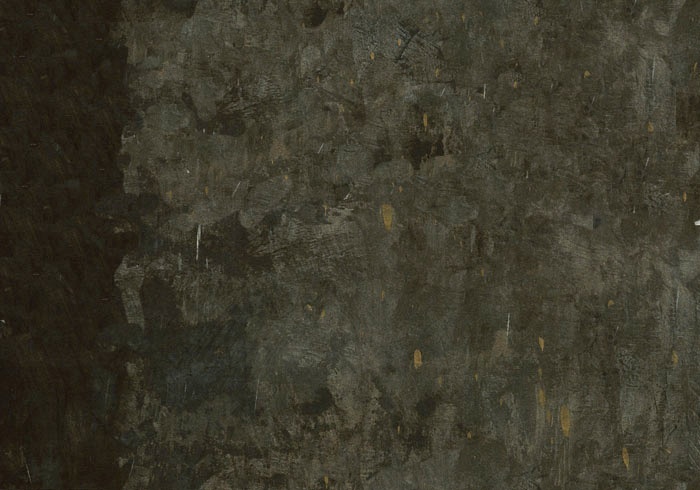Chantel Acevedo holds an MFA from the University of Miami. Her novel, Love and Ghost Letters (St. Martin’s Press, 2005), won the Latino International Book Award for Best Historical Fiction, and was nominated for Connecticut Book of the Year. She is also the author of Song of the Red Cloak (Kindle e-book, 2011), a young adult novel. Acevedo’s short stories have appeared in numerous journals, including Prairie Schooner, The Chattahoochee Review, Arts and Letters: A Journal of Contemporary Culture, and others. Her poems have appeared or are forthcoming in American Poetry Review, PALABRA and North American Review, among others. She has received two Fulbright awards for secondary education. Acevedo currently serves as coeditor of the Southern Humanities Review and is a cofounder of the Auburn Writers Conference. She is an Associate Professor in the Department of English at Auburn University. Visit her website at http://www.chantelacevedo.com






